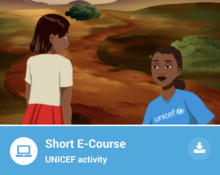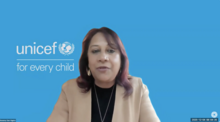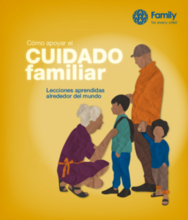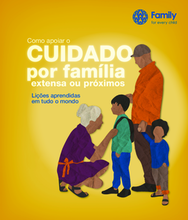Displaying 31 - 40 of 4431
Date: Tuesday, 16 December 2025
Start time: 0800 New York / 1300 London / 1400 Geneva / 2100 Manila (90 mins)
This webinar presented findings from a 2025 Media Landscape Analysis by Pinkston and Barna’s 2025 survey of U.S. Christians, highlighting a significant shift in Christian media narratives away from orphanages and toward family-based care, alongside rising awareness that poverty—not orphanhood—drives most placements.
What We Stand For: Essentials of Children’s Rights is an engaging, story-driven online course that brings UNICEF’s child rights mandate to life.
Investing in parent and caregiver support is one of the most impactful and cost-effective actions countries can take to advance children’s rights and accelerate progress toward the SDGs.
Date: Thursday, December 4, 2025
Date: December 4, 2025
Time: 15:00 - 16:00 UTC
📅 Date: 4 December 2025
⏰ Time: 10:00 – 11:30 SAST | 11:00 – 12:30 EAT | 08:00 – 09:30 BST
Las niñas o niños que no pueden ser cuidados por sus madres o padres a menudo viven con familiares o amigos de la familia. Este tipo de cuidado se le conoce cómo cuidado familiar.
As crianças que não podem ser cuidadas por seus pais geralmente vivem com parentes ou amigos da família. Esse cuidado é conhecido como cuidado por família extensa ou próximos.




